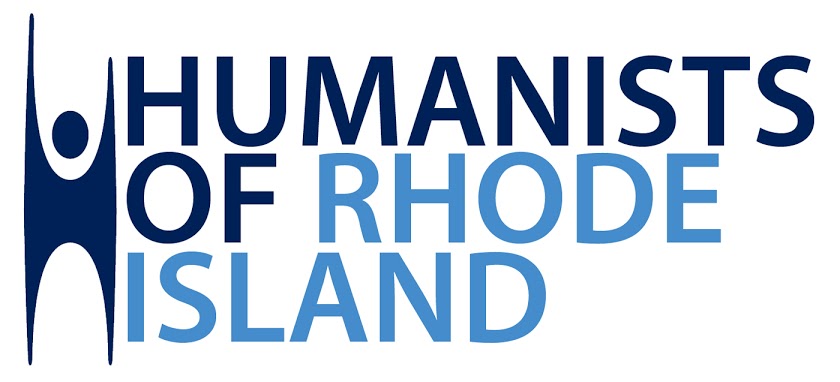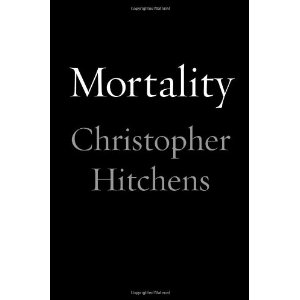☆☆☆☆☆
I wouldn't presume to be equal to the task of paying an adequate tribute to Christopher Hitchens, but the HRI Book Club adopted Mortality as its selection for November and I will give it my best. The book is as much about Hitchens' as it is on the subject of mortality as the two converged as the author faced the end. Hitch would have abhorred a maudlin display or hero worship, but who can deny his impact?
You will find precious little of Hitch's signature preoccupation with the evils of theism. In its place are his reflections on the human condition and its inevitable conclusion. The details of Hitch's physical decline would fail to evoke empathy only in the most inhuman of his detractors. The stoic resignation with which he faced the end was at once uplifting and melancholy.
The foreword by Graydon Carter tells of the preparation of Hitch's memorial and the memorial itself before flashing back to the author's life and work.
We wanted to produce a program that would be cozy and loving, but in no way sentimental or mawkish.Carter summarizes Hitchens' influence in terms of his personal impact on readers.
Christopher was the beau ideal of the public intellectual. You felt as though he was writing to you and you alone.Finally, Carter weighs Mortality against Hitchen's previous work.
Christopher Hitchens will be remembered for the words he left behind. These last ones, free as they are of sentiment or self-pity, are among his last. They are also among his best.The book opens with Hitchens' description of the abrupt collapse that precipitated his final transport to the hospital. His narration shifts from literal to literary as one might expect from a rhetorical genius.
I had time to wonder why they needed so many boots and helmets and so much heavy backup equipment, but now that I view the scene in retrospect I see it as a very gentle and firm deportation, taking me from the country of the well across the frontier that marks off the land of malady.Hitchens' signature antitheism manifests itself in his appeal to the religious not to trouble "deaf heaven" with their prayers. He cites Ambrose Bierce's Devil's Dictionary to underscore the absurdity of prayer.
Prayer: A petition that the laws of nature be suspended in favor of the petitioner; himself confessedly unworthy.Hitch passes on a writing tip from Simon Hogart of the Guardian who had advised him to write more in the style in which he spoke.
I was near speechless at the charge of being boring and never thanked him properly, but in time I appreciated that my fear of the personal pronoun was its own form of indulgence.On friendship, Hitch writes, "For me, to remember friendship is to remember those conversations that it seemed trivial to break off: the ones that made the sacrifice of the following day a trivial one." He illustrates with a remembrance of Heraclitus by Callimachus, adapted by William Cory.
They told me, Heraclitus; they told me you were dead.Hitchens' acceptance of the bitter necessity of death is captured in a citation from Saul Bellow.
They brought me bitter news to hear, and bitter tears to shed.
I wept when I remembered how often you and I
Had tired the sun with talking, and sent him down the sky.
Death is the backing that a mirror needs if we are able to see anything.Hitch delivers a parting shot that precludes any speculation over a deathbed conversion.
If I convert it's because it's better that a believer dies than that an atheist does.Hitchens' widow, Carol Blue penned the Afterword. She recalls his dazzling physical presence, the timber of his voice, his love of life and his acceptance of death, conceding the last word to him.
At any time I can peruse our library or his notes and rediscover and recover him.
When I do, I hear him, and he has the last word. Time after time, Christopher has the last word.


nice content
ReplyDelete